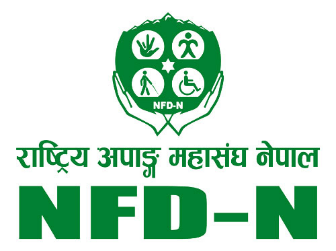United Nations Convention on the Rights of Persons with Disabilities (UNCRPD)
The Convention on the Rights of Persons with Disabilities is an international human rights treaty of the United Nations intended to protect the rights and dignity of persons with disabilities. Parties to the Convention are required to promote, protect, and ensure the full enjoyment of human rights by persons with disabilities and ensure that they enjoy full equality under the law. The Convention has served as the major catalyst in the global movement from viewing persons with disabilities as objects of charity, medical treatment and social protection towards viewing them as full and equal members of society, with human rights. It is also the only UN human rights instrument with an explicit sustainable development dimension. The Convention was the first human rights treaty of the third millennium
The text was adopted by the United Nations General Assembly on 13 December 2006, and opened for signature on 30 March 2007. Following ratification by the 20th party, it came into force on 3 May 2008. As of February 2015, it has 159 signatories and 152 parties, including the European Union (which ratified it on 23 December 2010 to the extent responsibilities of the member states were transferred to the European Union). In Deceber 2012, a vote in the United States Senate fell six votes short of the two-thirds majority required for ratification. The Convention is monitored by the Committee on the Rights of Persons with Disabilities.
Full text of UNCRPD can be read below using our reader or you can download the word version of UNCRPD here
End of the CRPD Document

